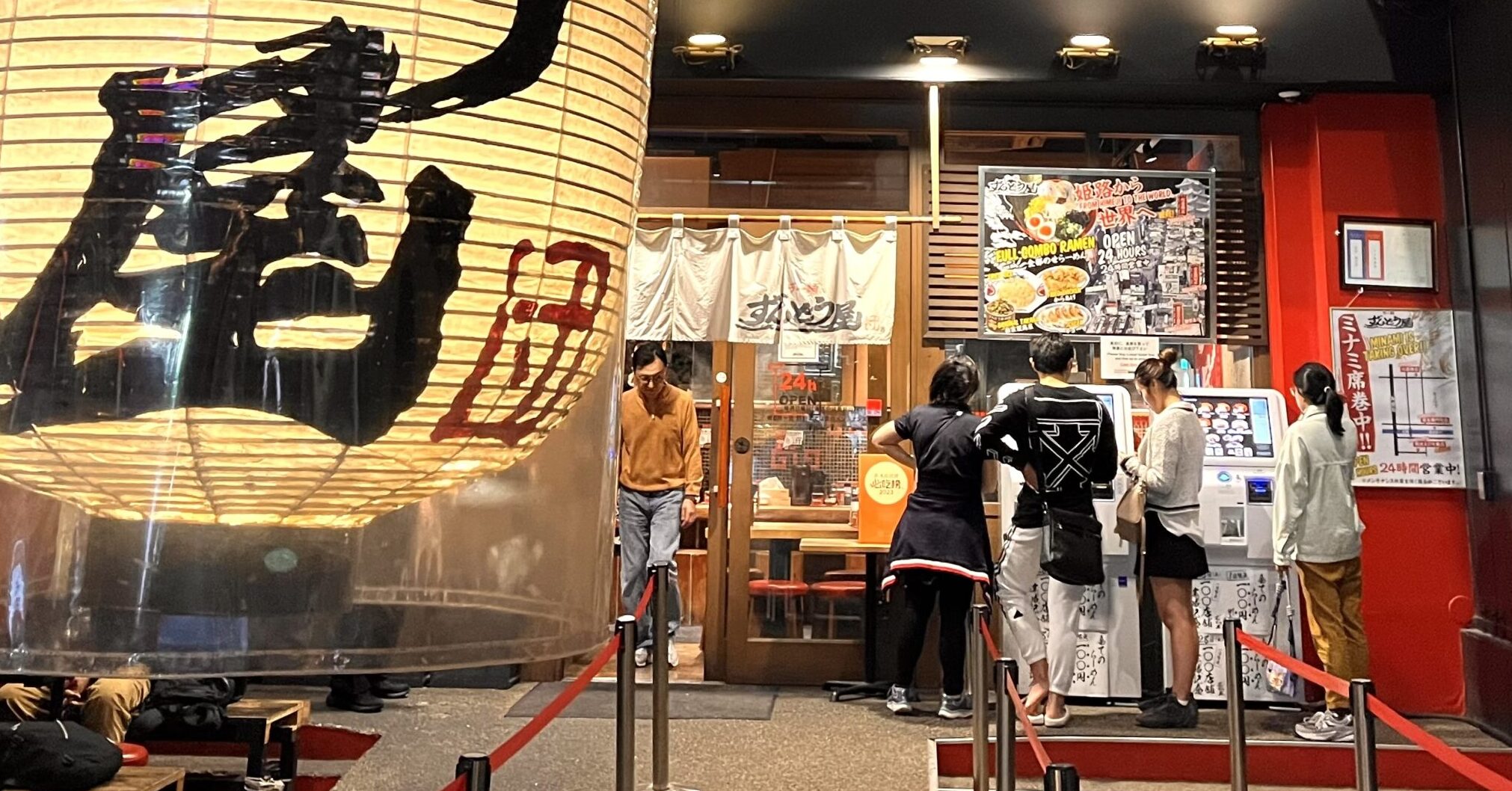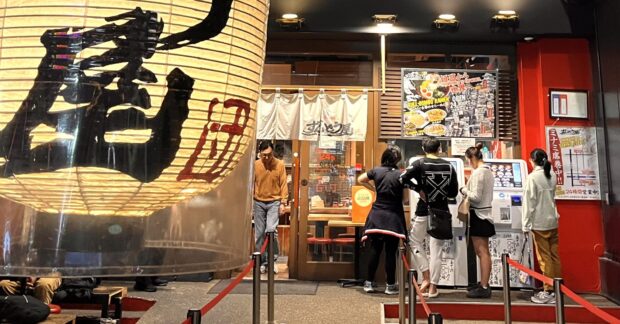
SOME of the world’s greatest writers had come to these shores but most Filipinos didn’t even know what fell on their laps. William Faulkner and Ernest Hemingway, for instance. And—Jaime Gil de Biedma, a key figure in 20th-century Spanish poetry.
On Nov. 24, Spanish Ambassador Luis Antonio Calvo unveiled a commemorative plaque of the poet at Luneta Hotel on TM Kalaw Avenue in Manila.
Styled in the French Renaissance and Art Nouveau, and at six stories the highest structure in the area when it was built in 1918, Luneta Hotel was home to De Biedma during his on-and-off stay in Manila.

Displayed on its façade is a marker installed by the National Historical Commission last year. Inside, on a wall of the lobby, the second marker was installed. (Reportedly there has never been such a marker put up for the poet anywhere else, not even in Madrid and Barcelona.)
Born in Catalonia and writing in Spanish, De Biedma is like the bat, neither bird nor mammal. People in Madrid think of him as a Catalan poet while those in Barcelona think he’s a Spanish poet. This results in a lack of popularity and absence of affection and enthusiasm for him in both worlds.
While studying in Oxford, he came upon TS Eliot’s “Four Quartets,” then proceeded to WH Auden, Stephen Spender, Sylvia Plath, and imbibed much of Anglo-Saxon culture. He belongs to the Generacion de los ’50, poets coming from “the cultivated social realism in the wake of the Civil War” who tried to “intellectually rearrange immediate experience by means of a fictional self.”
De Biedma’s family was known to be one of the pillars of the Catalan bourgeoisie. Heir to the Tabacalera fortune, he visited the Philippines from the 1950s through the ’70s as the cigar company’s legal chief and his father’s representative. He had traveled to Companía de Tabacos outposts in Tarlac, Isabela, the Visayas.
Tribute program
De Biedma’s stay in the country was the subject of the Luneta Hotel program hosted by general manager Grace Francisco-Torres.

Instituto Cervantes director Carlos Madrid welcomed guests that included the venerable poet Virginia Moreno; former Philippine Ambassador to Libya Alejandrino Vicente; Vibal Publishing president Gaspar Vibal.
Ambassador Vicente, having lived in Spain for a time thus fluent in Spanish, read De Biedma’s “Después de la Muerte de Jaime Gil de Biedma.” Poet Shirley Lua followed with a reading of her translation of the poem.
Translator Edward Smallfield says De Biedma writes a very standard Spanish: “He doesn’t invent words, and he doesn’t particularly use words in odd ways. He is an extremely elegant and thoughtful writer, but in a very subtle way. His poetry is cerebral and internal. His language isn’t aggressively colloquial or academic or upper-class. He’s able to express himself using the middle register of the Spanish of his time.”
Kua’s translation has succeeded in conveying the starkness of De Biedma’s original language. But with some dramatic flourishes in her reading, by underscoring words and pauses, she might have inadvertently undermined the subtlety of those lines.

Unknown in the West
Although not as well-known as Federico García Lorca, Antonio Machado and Luis Cernuda, De Biedma is one of the most important poets writing in Spanish in the second half of the 20th century. Poet-fictionist James Nolan thinks he isn’t known in the English-speaking world because “its knowledge of Spanish literature ends with the Civil War. You know, blood and Gypsies, wine and sunshine.”
His concerns may be Spanish but his tone and perspective are international, thus not exotic enough to be exciting. His are not the folkloric lines of Lorca but Spanish poetry drenched in Anglo-American influences.
And while Pablo Neruda’s torrential language may recall Walt Whitman (lush and passionate enough to be Spanish), De Biedma’s austere elegant lines hark back to Auden, Eliot, Philip Larkin.
His unpopularity in the West may also be traced to a lack of translation. Though a landmark voice in Spain at that time of dissoluteness and resistance (to Francisco Franco’s dictatorship), in the way Bob Dylan’s and John Lennon’s songs influenced that generation, De Biedma was unknown outside his country.
“His work falls almost naturally into English,” says Nolan. “Translating the words is the least difficult. Translating the poetry itself is much more difficult. Even more challenging is to translate the secret codes imbedded to escape censorship.”
Remember, this was Catholic Spain under the Franco regime, and in the ’50s, a repressive period in history.
Marvelous adventures
De Biedma felt in his elements only when he traveled outside his country. Told that in a park in Manila boys were leaping out of the trees, he was quoted as exclaiming: “Maravilloso!”
So for a time he took residence at Luneta Hotel. Through the decades, this charming structure by Rizal Park near Manila Bay had attracted not only society figures and foreign dignitaries but also men of the merchant marine and the American military.
While maintaining the respectability, civility and dignity of an executive of a top company, De Biedma led a bohemian life. He was attracted to men of lower background, hiring male prostitutes and exotic dancers. Another poem, “Contra Jaime Gil de Biedma,” records poignant vignettes from this life.
At cocktails after the program, Vibal said his publishing house and Instituto Cervantes were preparing bilingual editions of the poet’s diary “Retrato del Artista en 1956” and his complete poetry collection “Las Personas del Verbo,” to be released next year. He was particularly excited about the time the poet explored Manila’s demimonde.
This period was depicted in the biopic “El Cónsul de Sodoma” by Sigfrid Monleón, an acclaimed film that caused a stir in Madrid when it premiered in 2009 and provoked the indignation of revered novelist Juan Marse (depicted in his youth in the film).
De Biedma himself chronicled in detail his adventures in the country in “Diario del Artista Seriamente Enfermo.” It is said Manila was to him what New York was to Lorca.
Layers of personality

That life can be said to be the fountainhead of his poetry, in which he splits the self into two, an “invented identity that has its origin in ambiguity,” in the duality of the artist and the businessman, the capitalist and the communist sympathizer.
Says Smallfield: “I think reputation has to be taken into account in translating a poet; it’s part of the larger historical gestalt of the poet. In American poetry, a translator has to take the wider cultural appeal of Allen Ginsberg into account.”
An upper-class Marxist; a gay man in Franco’s Spain—these paradoxes and layers of personality have created in De Biedma’s work the tension (dualism) and the subtlety (subterfuge).
“He was a gay poet and a leftist poet writing—and publishing, amazingly enough—autobiographical poetry during a puritanical dictatorship that fastidiously censored everything,” says Nolan. “He moved in two clandestine worlds, the resistance and the discrete homosexual circles in Barcelona of the 1950s, and this coding is the most difficult aspect of the poetry to translate.”
De Biedma died at 61 in 1990. He had stopped writing poetry some 10 years earlier because, like Rimbaud, he said he had nothing left to say.














































